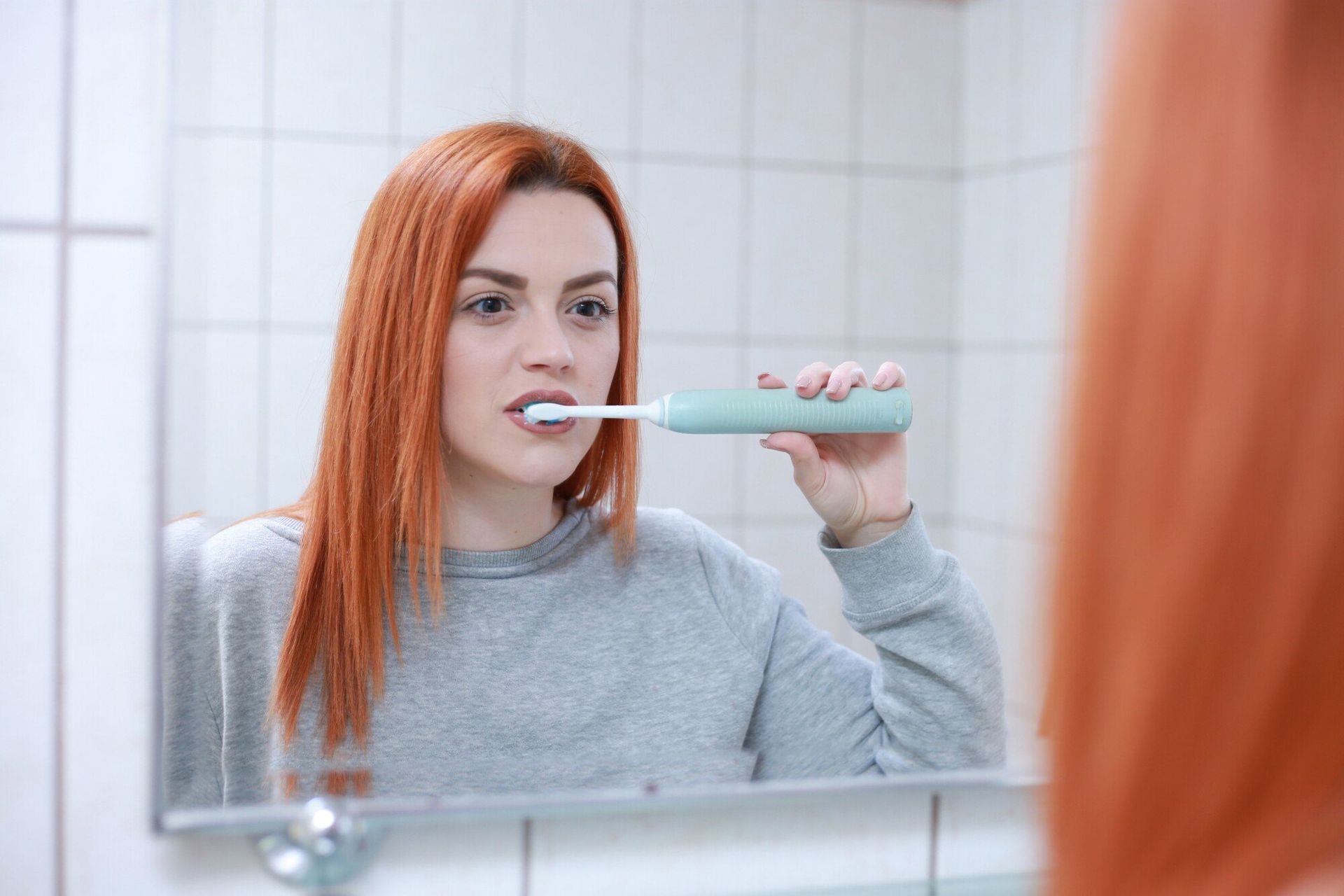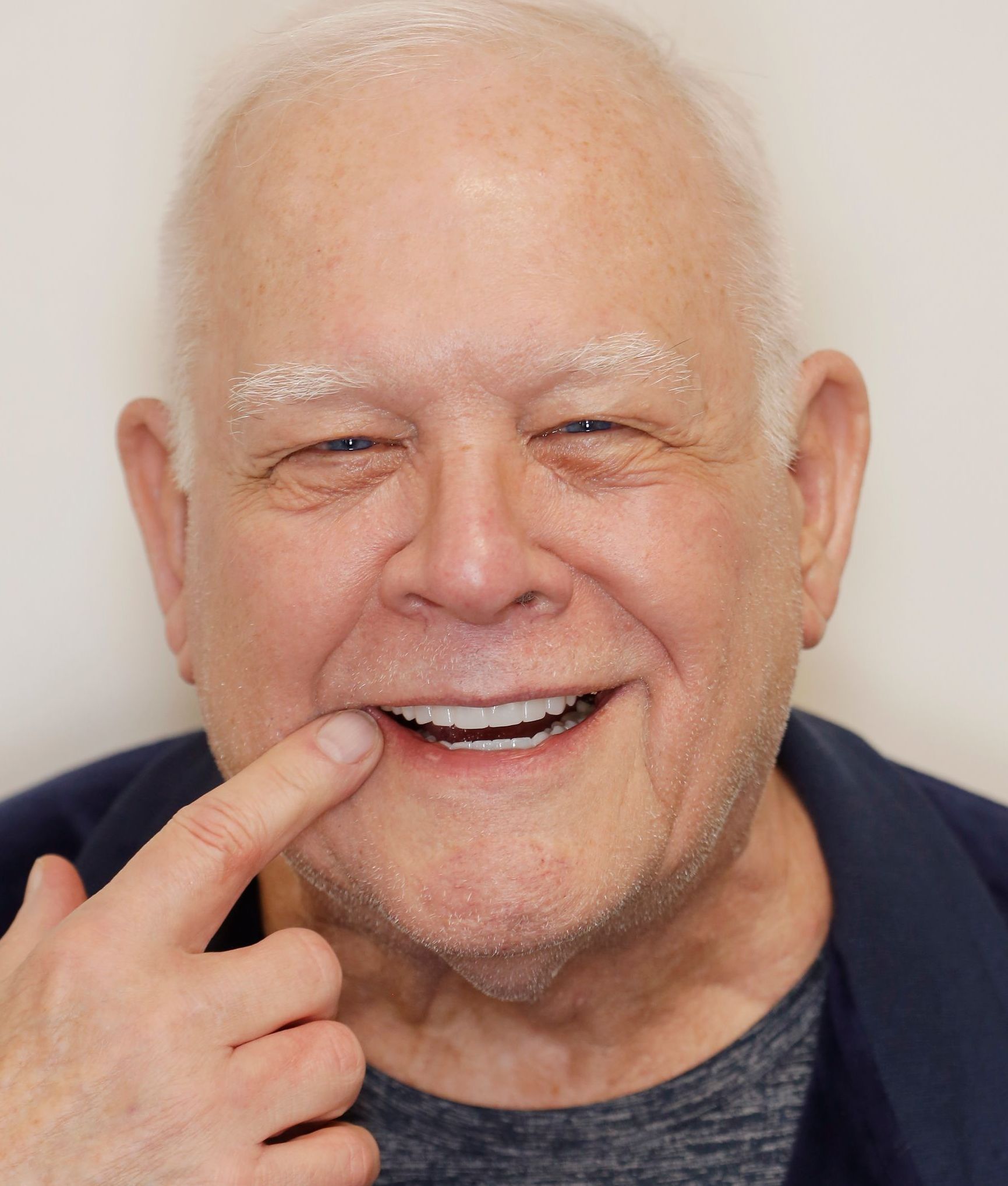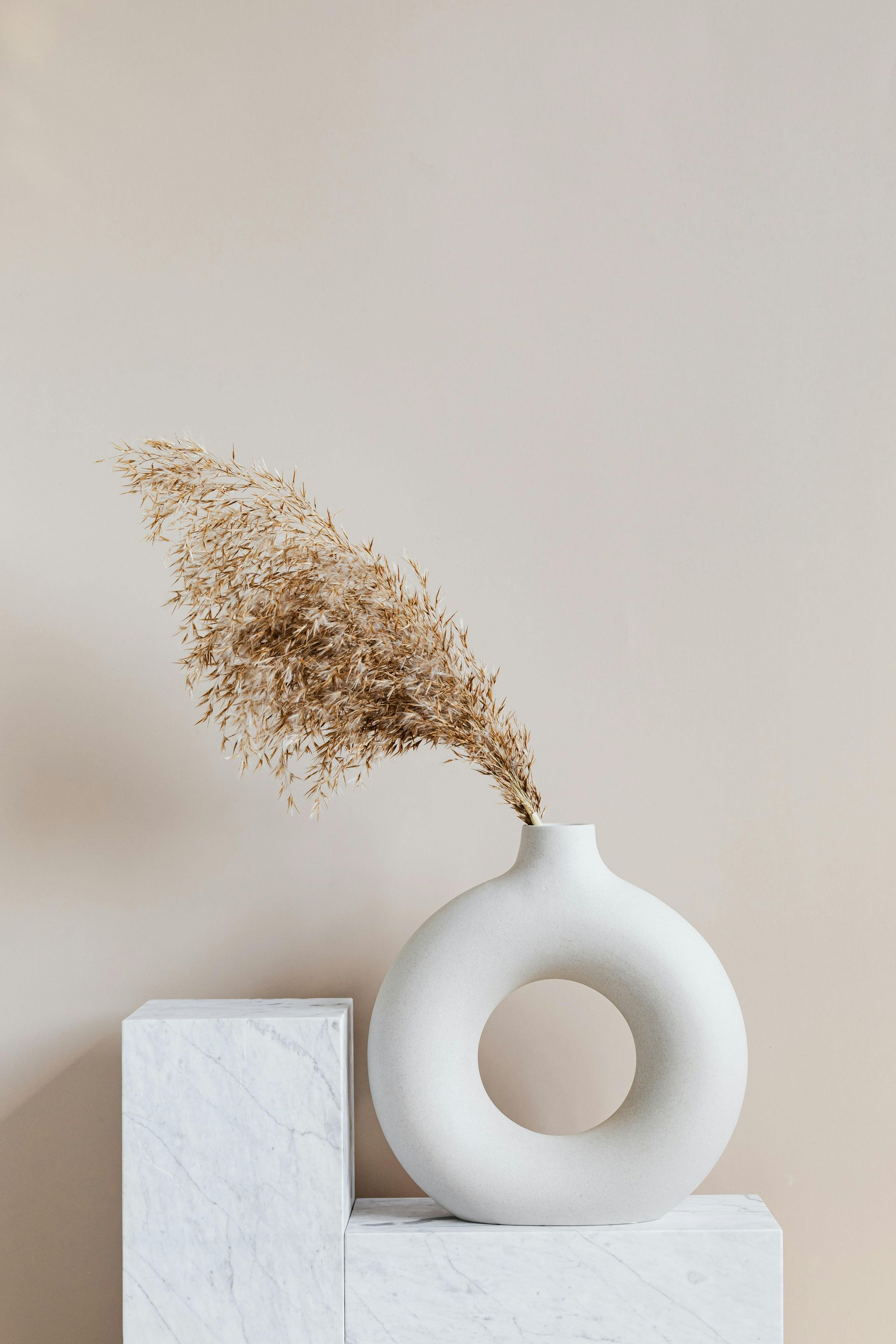7 Dental Veneer Care Mistakes and How to Avoid Them

Did you know veneers have only been around for a century? First used on Hollywood stars in the late 1920s, veneers were a less permanent way for actors to get a perfect smile for the screen. Without today's strong cement adhesives, these early tooth caps couldn't stick to the teeth well.
Since then, we've come a long way. Modern porcelain veneers can last upwards of a decade with proper care!
Of course, that's only true if you aren't committing any serious dental veneer care mistakes. The wrong habits can damage your new veneers, making them less likely to stay in place for years to come. If you're hoping to enjoy them for longer, here are a few mistakes to avoid.
1. Eating the Wrong Foods
There are several types of foods and drinks that dentists love to warn patients about.
Hard foods like candy and nuts, for example, put your natural teeth at risk of chipping or other damage. Certain foods and drinks cause tooth discoloration, including tea, coffee, wine, and foods with artificial dyes. Sticky or chewy foods can be hard to remove, exposing your teeth to more bacteria over time.
The great news about eating with veneers is that they stand up to these foods better in some ways. Because your veneers are less porous, for example, they're less likely to stain.
However, you should still protect your veneers from the common foods and drinks above! Repeated exposure to tooth-staining foods can cause discoloration, and sticky foods can cling to your veneers. Hard foods can sometimes chip the surface of your veneers just like they'd chip your natural teeth.
2. Biting Non-Food Objects
Your porcelain veneers can stand up to normal activities like chewing and drinking, but that doesn't mean they're tough enough to use on non-food objects.
If you're in the habit of biting your nails, chewing ice, tearing open packages with your teeth, or removing pen caps with your teeth, it's time to stop! These activities can put too much pressure on your veneers. Over time, you might cause them to loosen or become damaged.
3. Flossing the Wrong Way
Flossing is a crucial part of your veneer care routine. Like your natural teeth, your veneers can end up with food particles caught between them. Removing these particles minimizes your risk of plaque, which in turn makes it less likely you'll end up with complications to your veneers.
However, be careful how you floss! Pulling too hard on the floss can damage or loosen your veneers. You only need a small amount of force to remove food particles.
4. Brushing the Wrong Way
As with flossing, you only need to use a small amount of force to brush your teeth. The goal is to displace food particles, not to scrub the surface of your enamel!
Brushing too hard or overbrushing can damage the surface of your veneers. If you brush hard enough, you may even loosen the bond between your veneer and your natural tooth.
Instead, be sure to make gentle circles as you brush.
You'll also want to find a soft-bristled toothbrush with a small head. You can also use other veneer cleaning tools like a proxy brush, or a small interdental cleaner, to help. If you often overbrush, try setting a timer or using a smart toothbrush that warns you when you're using too much pressure.
5. Using the Wrong Dental Hygiene Products
Most dental hygiene products are safe for use with veneers.
However, you should avoid toothpastes with gritty or abrasive particles designed to scrub teeth. When in doubt, choose a gel whitening toothpaste or one designed for veneer cleaning. This can help you minimize your risk of discoloration while preserving the surface of your teeth.
If you use mouthwash, make sure you choose an alcohol-free option to protect your veneers.
6. Ignoring Teeth Grinding
Teeth grinding, or bruxism, may seem like a small issue at first. For most patients, it only happens overnight, which makes it easy to put out of your mind. Its side effects, like headaches or tight jaw muscles, may not feel significant enough to worry about.
However, the human jaw can bite down with up to 250 pounds of force. That's not the kind of pressure you want to put on your new veneers each night!
If you notice any of the common signs of teeth grinding, make sure to tell a dentist during a follow-up dental veneer appointment. Often, you can prevent bruxism with one easy solution: a custom mouth guard. Some patients also find that changing their sleeping position or addressing stress and anxiety can help.
7. Neglecting Professional Dental Care
If you often forget to schedule regular dental cleanings, you'll want to break the habit once your veneers are in place! While oral care at home can protect your veneers, you still need professional cleanings to protect the natural teeth under them.
When plaque and tartar build up on your natural teeth, it can damage your veneers. You may also start to notice discoloration. Your dentist can prevent these problems, ensuring that your veneers look like new for years to come.
Even better, your dentist can often spot small problems with your veneers before they snowball into major issues. Catching early signs of wear and tear or loosening adhesive can protect your veneers.
Your dentist can also answer any questions you have about your veneers. They can give you tips on proper care and help you troubleshoot problems like nighttime teeth grinding and TMJ disorder to keep your veneers intact.
Avoid These Dental Veneer Care Mistakes
The common dental veneer care mistakes above can put your teeth at risk. No matter how minor they seem, avoid them to keep your veneers spotless for longer!
Whether you're ready to get veneers or you want to take care of the ones you already have, we're here to help. Our team is proud to offer expert dental care services to patients throughout the Metro Denver area. Contact us with questions or make an appointment today.














